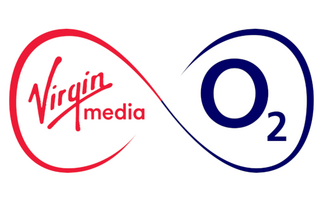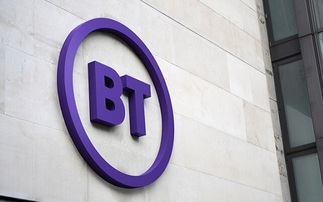Computing's reviews editor, Dave Bailey, gives his highlights of 2009
Google Wave - launched in may With Barack Obama installed in the White House, the global economy melting, and the banks reeling after near collapse in 3Q 2008, 2009 got underway. January - In...
To continue reading this article...
Join Computing
- Unlimited access to real-time news, analysis and opinion from the technology industry
- Receive important and breaking news in our daily newsletter
- Be the first to hear about our events and awards programmes
- Join live member only interviews with IT leaders at the ‘IT Lounge’; your chance to ask your burning tech questions and have them answered
- Access to the Computing Delta hub providing market intelligence and research
- Receive our members-only newsletter with exclusive opinion pieces from senior IT Leaders






















